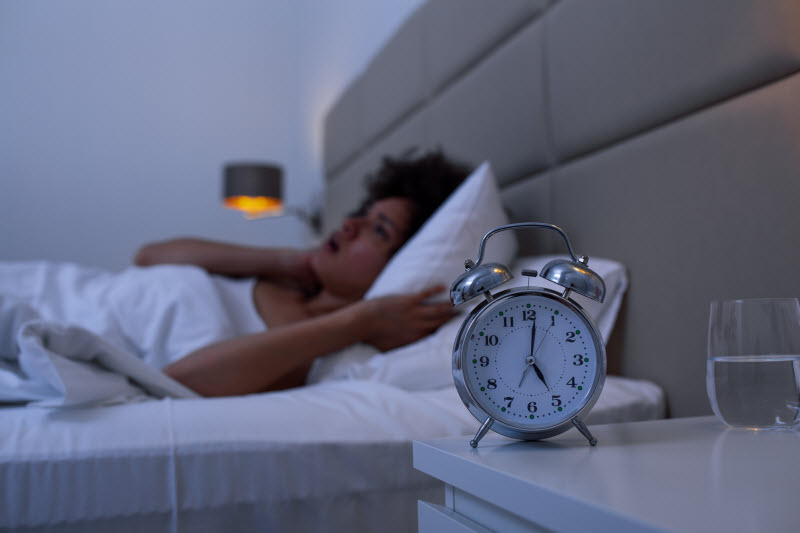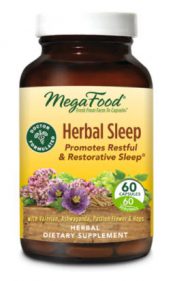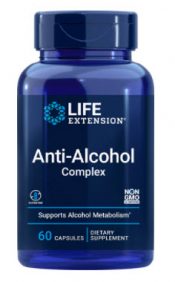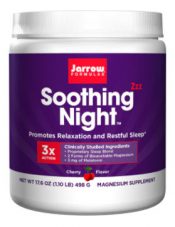Settling down to sip an alcoholic “nightcap” before heading to bed might seem wise. But the pleasant, relaxing buzz that feels like the perfect ticket to dreamland hides a shadow side.
As it turns out, drinking alcohol before bed is more likely to disrupt the quality of your sleep than to enhance it.
Alcohol and sleep: the effects
A cocktail can indeed help you fall asleep initially. Alcohol depresses the central nervous system, slowing your brain activity and making you feel sleepy. Soon, you drift off to slumber without a care in the world.
But that doesn’t mean you will sleep well. A typical sleep cycle is divided into four stages. The first three are known as non-rapid eye movement (NREM) stages and the last is known as a rapid eye movement (REM) stage.
In the early NREM stages, body functions from heart rate to brain activity slow, muscles relax and body temperature drops. Eye movement also stops.
In the REM stage – which occurs about 90 minutes into the sleep cycle — eye movement resumes and breathing rate and heartbeat quicken. Most dreaming takes place here.
These stages appear in cycles that repeat during the night. Drinking alcohol can interfere with this process, impacting how long you remain in each of these sleep stages.
For example, the sedative effect of alcohol can keep you in deeper sleep during the first half of bedtime. But as the evening wears on, you may spend more time in light sleep, and may awaken more frequently during the night.
The result of drinking alcohol before bed is likely to be a reduced quality of sleep overall, including less overall time spent in sleep and more fitful sleep.
Alcohol’s impact on REM sleep
Alcohol may have a particularly negative impact on the REM stage of sleep.
For many people, drinking a modest amount of alcohol delays the transition into REM sleep for at least the first sleep cycle of the night. If you consume a lot of alcohol, it may reduce the time you spend in REM sleep over the course of the entire night.
While this may appear harmless, there is some evidence that getting enough REM sleep is crucial for memory consolidation and other cognitive functions.
On the other hand, those who drink heavily on a regular basis may actually spend too much time in REM sleep as they build a tolerance to alcohol’s sedative effects.
Other impacts of alcohol on sleep
Other sleep problems also may emerge as a result of drinking alcohol before bedtime.
Because alcohol reduces REM sleep and increases sleep disruptions, it can lead to bouts of insomnia. This is particularly true among those who binge-drink, defined as consuming enough alcohol in a short period to push your blood alcohol level to 0.08% or higher.
Research also has found that because drinking alcohol relaxes the muscles of the throat, it may trigger sleep apnea. One study found that alcohol consumption can boost the risk of sleep apnea by 25%.
A better way to fall asleep
Needless to say, pouring a nightcap might not be the best idea if you want to get restful slumber. In fact, the Centers for Disease Control and Prevention recommends that you avoid drinking alcohol for at least two to three hours before bedtime.
Instead of using alcohol as a sleep aid, try more scientifically sound methods of drifting off to slumber. These include:
- Go to sleep and rise in the morning at the same time every day.
- Sleep in a cool, dark environment.
- Avoid alcohol, caffeine and exercise shortly before bedtime.
- Do not watch TV or read in bed. Keep your bed as a place associated with sleeping.
- Avoid excessive daytime napping, which can prevent you from falling asleep at night.




